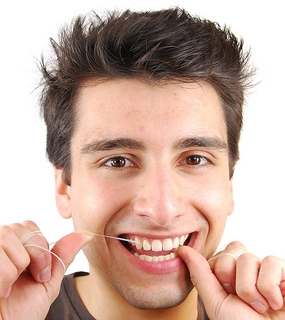
When you think of a dental emergency, you may picture teeth that have fallen out or severe tooth pain. But it is not uncommon for wisdom teeth to develop conditions or problems that require urgent care from Drs. Arti and Ashi and our team at Issaquah Valley Dental Care. Wisdom teeth are the third set of molars that erupt in the late teen years to early 20s. Spacing and crowding problems often cause impaction and infections, which is why many people elect to have their wisdom teeth removed. If you are experiencing discomfort or pain related to your wisdom teeth, call our office to schedule a wisdom teeth consultation.
Perisoronitis and Infections
You may develop perisoronitis if you have a partially-erupted wisdom tooth that has become inflamed. Often, inflammation is caused by food lodged beneath the gum. Here at Issaquah Valley Dental Care, we can gently search for and remove food debris, as well as clean the affected area and treat it with antibiotics. Do not avoid treatment, however, as untreated perisoronitis can lead to infection, which ultimately places your health at risk.
Crowding and Impaction
When your wisdom teeth erupt, they may cause overcrowding of your teeth, which can have a negative effect on their alignment. This can make it harder for you to clean your teeth properly, and it also increases the chances for developing tooth decay and other oral health problems in the future. For some people, the wisdom teeth never erupt, becoming impacted beneath the gum and causing problems with the neighboring teeth.
If you have an impaction or wisdom tooth crowding, make an appointment with our office soon. We will be happy to evaluate the progress of your wisdom teeth, as well as their effect on the rest of your jaw. Depending on our analysis, we will then discuss your options for treatment and whether extraction might be right for you.
Complications from Wisdom Tooth Extraction
If you have recently had your wisdom teeth extracted, blood clots will have formed in the open sockets the teeth previously occupied. In most cases, the gums heal normally, assuming you follow post-surgical care instructions. However, a small percentage of wisdom tooth extractions do not heal according to plan. If you continue to experience pain or other unusual symptoms following a wisdom tooth extraction, please give us a call. We’ll do everything we can to minimize discomfort and help you heal safely and quickly.
Remember, our team is here to support your dental health in every capacity. We are dedicated to providing excellent service before, during, and after all wisdom tooth procedures, so you can rest assured that your oral health is in good hands.




